I’ve posted about this world before here and here.
It’s an alternate history. Colonialism never happened in the first place. The world remained tribal, and traditional cultures remain strong. But 21st century tech develops. There is a lack of capitalism and exploitation.
I downloaded these pics from the multiversal interwebs:
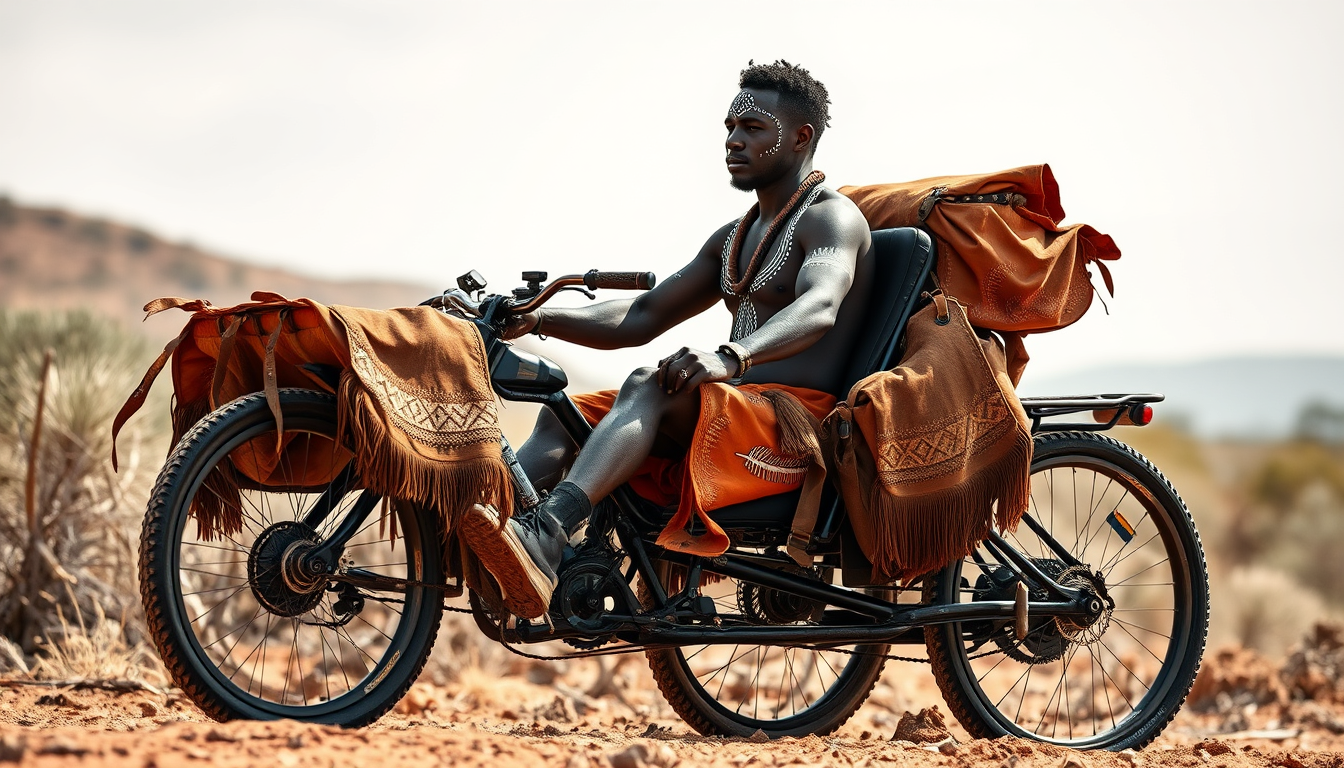
Traditionally nomadic cultures – such as this Australian bushman – remain nomadic in the 21st century. But their lives are made easier by technology. Under capitalism, developing technology keeps some people poor but increases the wealth of a few. In the solarpunk, non-colonial world, people use tools like this off-road tricycle to make their traditional lifestyles easier.
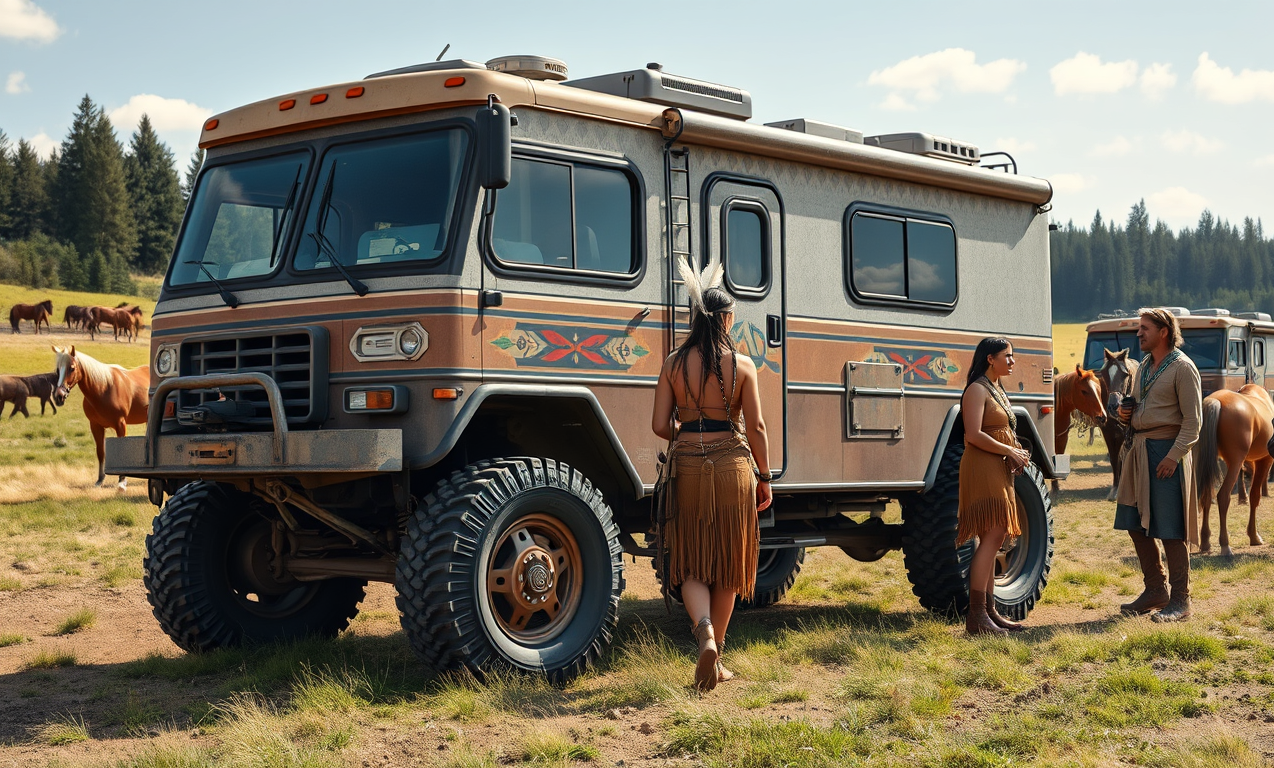
North American cultures follow the still-great buffalo herds. They use offroad vehicles that run on gasified biomass they harvest as they go. These vehicles are no faster than a horse. That guy on the right? I guess he’s a tourist from a traditional European country; he’s visiting his friends. They’ll speak the Esperanto-type language to each other.
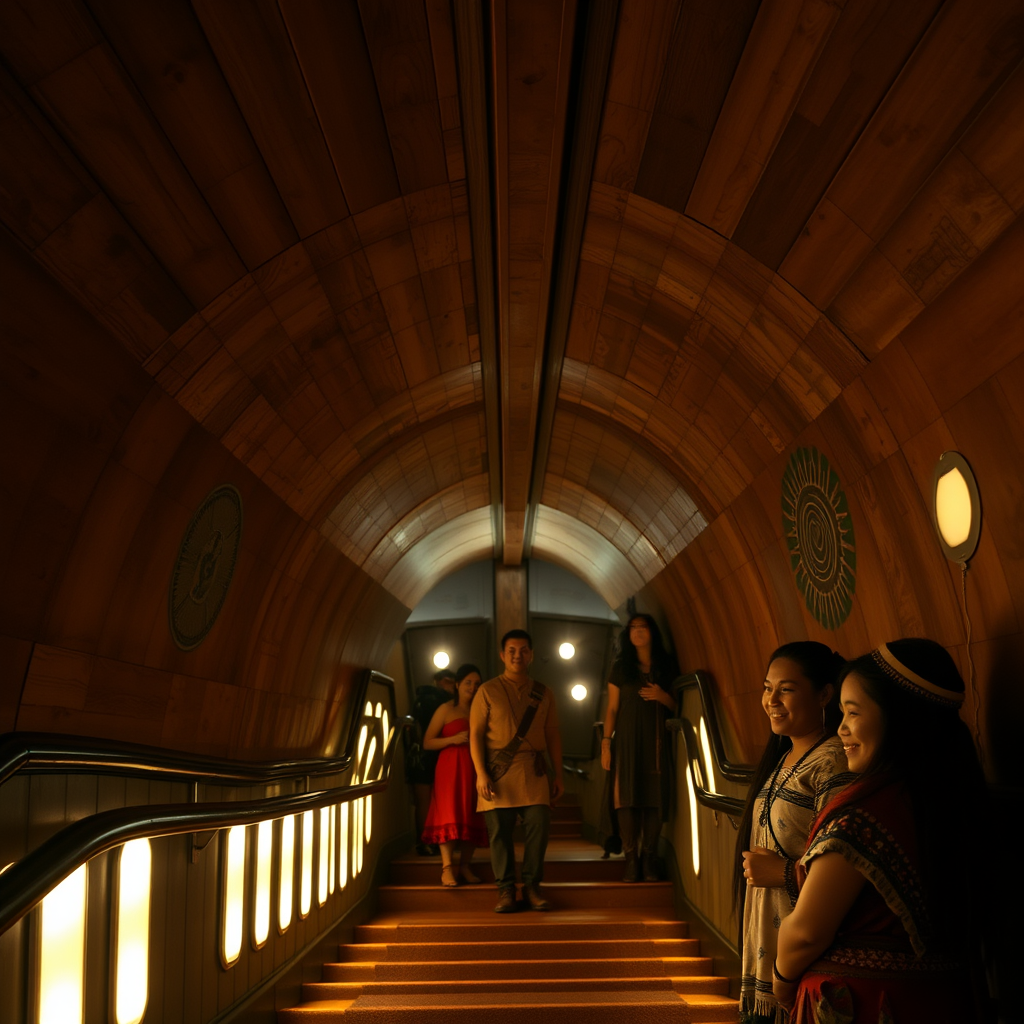
This picture was taken in a subway station in Cahokia.
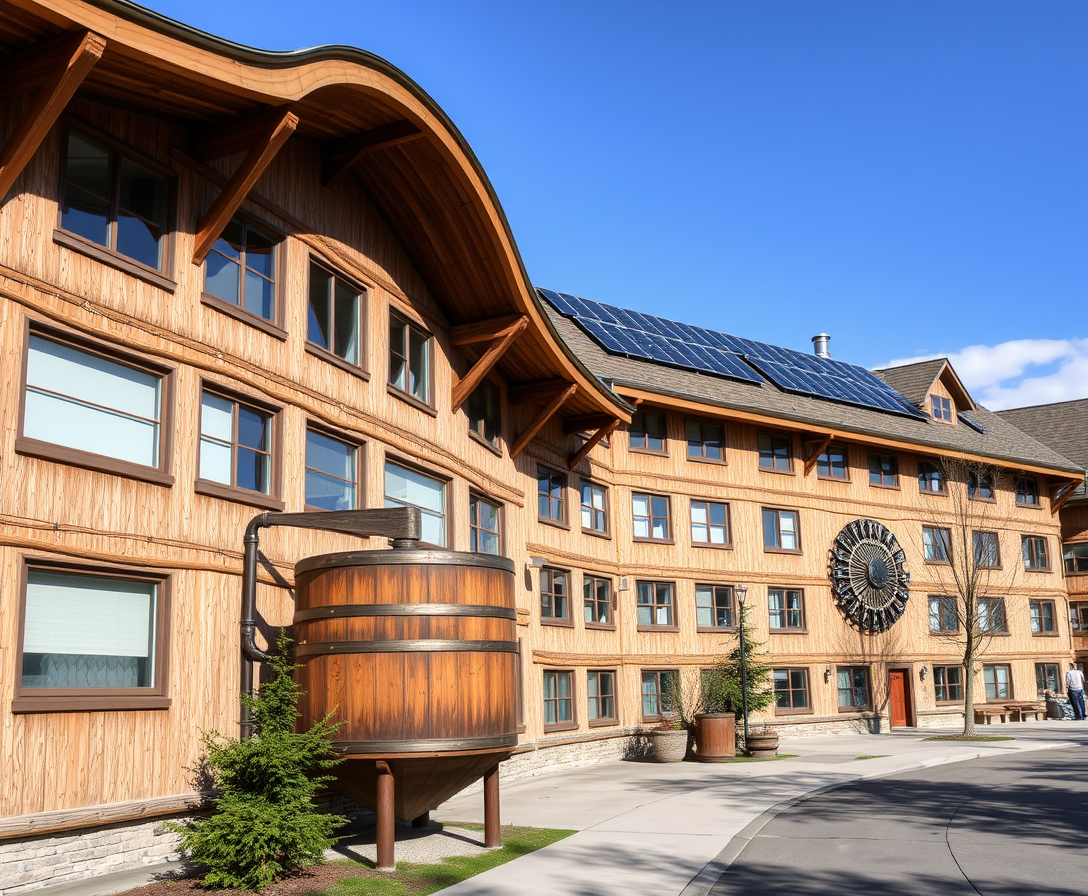
This is a typical sight in the northeast megaregion. This is what the longhouses of the Haudenosaunee people look like in the 21st century.
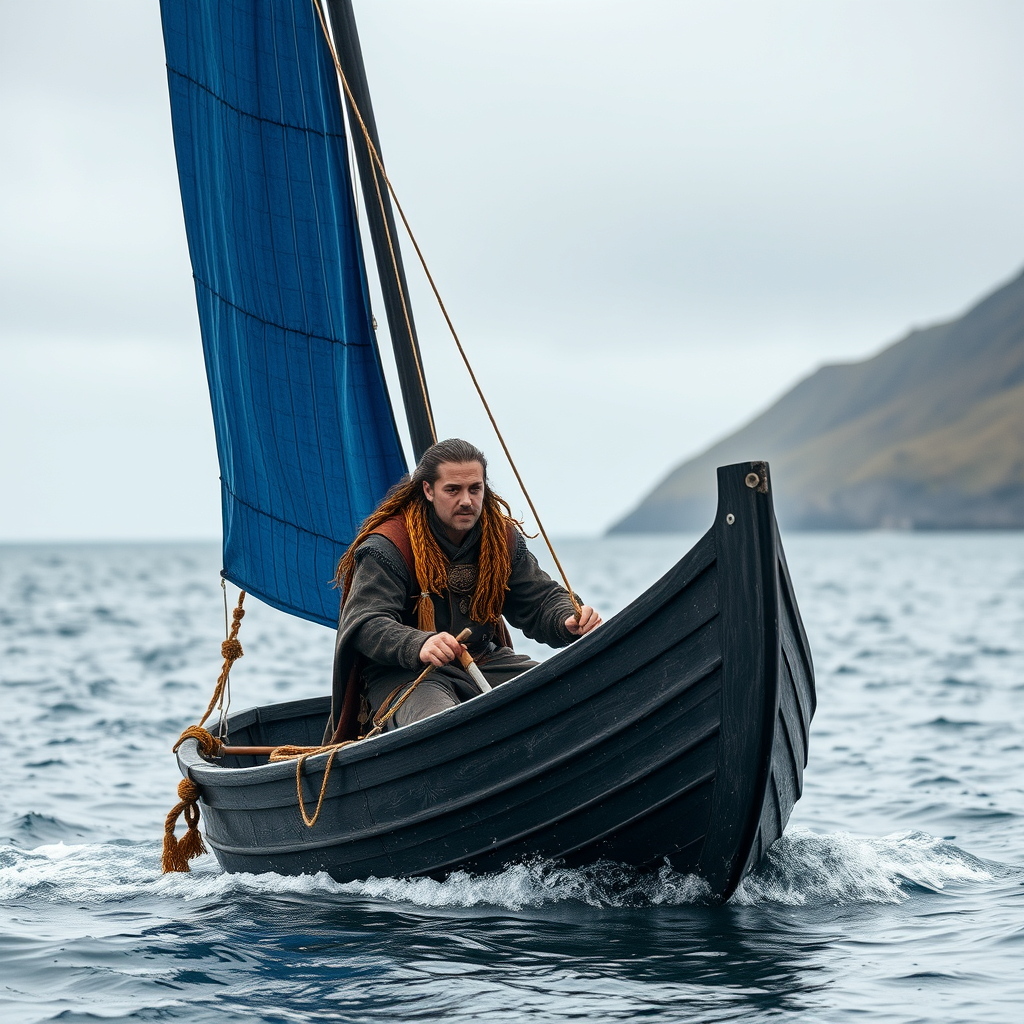
The fishing cultures of North Europe live within the ecological limits. Some fish are still wild-caught, providing 5-10% of the diet. Others are farmed in open ocean farms. Members of a large (town-sized or city-sized) tribal confederacy have the customary right to harvest from these waters, and manage the wild stock and the farms as a commons.

My post linked above discusses guilds. One guild that exists, alongside doctors, tailors, and microchip-fabricators, is the Soapwitch guild. They have knowledge of local wildflowers, oils, and that sort of thing. Their job is to provide soap, perfume, toothpaste etc. for free to members of their tribe (instead of Unilever and Colgate doing it for profit). It’s their tribe’s reciprocal obligation to give them food, shelter, protection, etc.

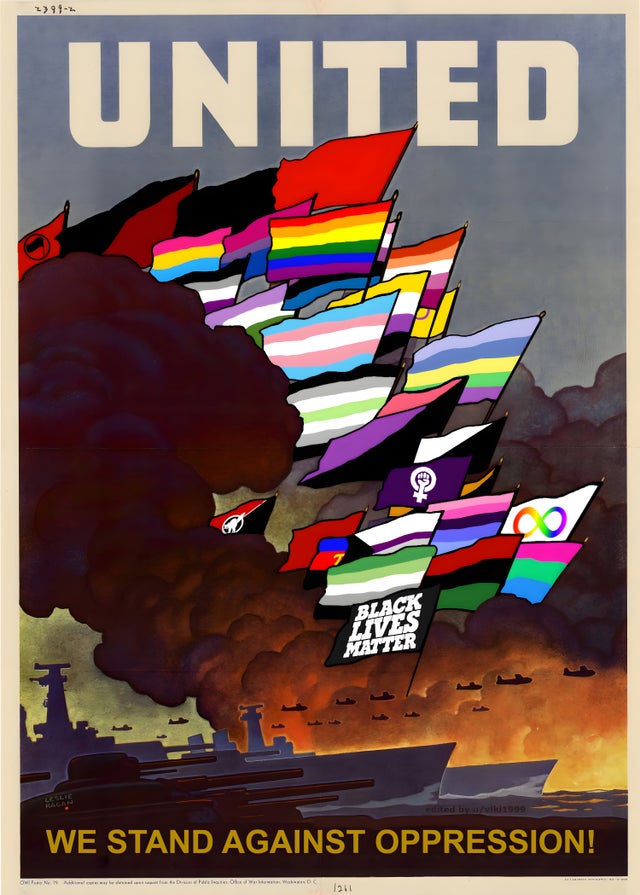
I’ve got much better answers to these now. I might do a history post when I get a chance.
Short version is:
Gallic Wars were a stalemate. The Romans gains a foothold in Gaul and Britain, but the Celts also remained strong there. A half-strength Roman Empire: and that influences everything subsequent, including that Emperor Constantine doesn’t influence later religion.
Yes feudalism develops in Italy, France, Britain. But its barbarian competition is stronger.
Now yknow how in the 1400s, Portugal got good ships and contacted West Africa and then America? That happened here too but it was barbarian tribal Portugal.
Whoever gets [good ships]+[good guns] in the 1400s wins the planet. That was the Euroid imperialists in the mundane timeline. Here it’s the Celts and Goths.
The Celts and Goths, when they contact West Africa and America, don’t do imperialism. Instead they form alliances. Guilds train Americans and Africans in technology (notably including ships and guns).
The economic incentive is strengthening/growing the brotherhood. The Goths+Celts from Europe ally with the Berbers+Igbo+Tiv from Africa, and the Tlaxcallan from Mesoamerica. Feudalism in Europe falls before this rainbow coälition.
Now Europe has [good ships]+[good guns]+[tribal federalism]. They intervene in India on behalf of the Panchayati Raj tribes. In China, they intervene on behalf of the Miao rebels against centralised statism. In America, they help the Tlaxcallan fight off Aztec imperialism and Aymara fight off Inca imperialism.
By about 1600, the world is then won by the economic system described. Because they did they equivalent of what Feudal Europe did.
Nice! This of course raises even more questions, but it’s very interesting.